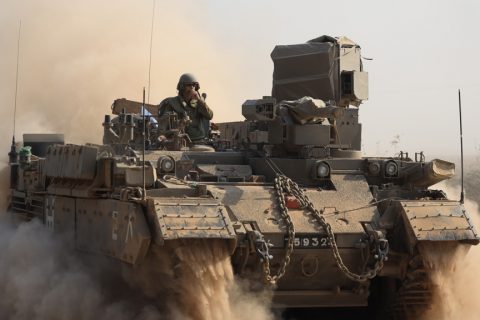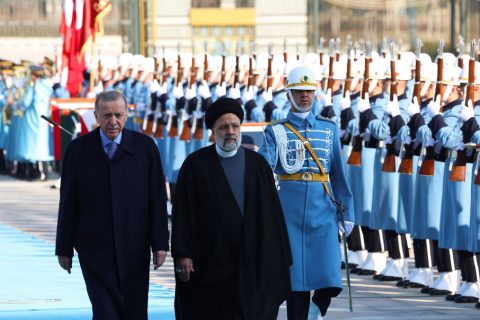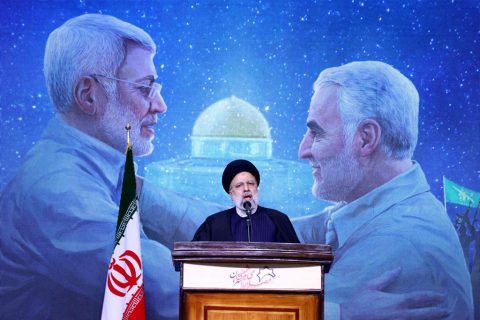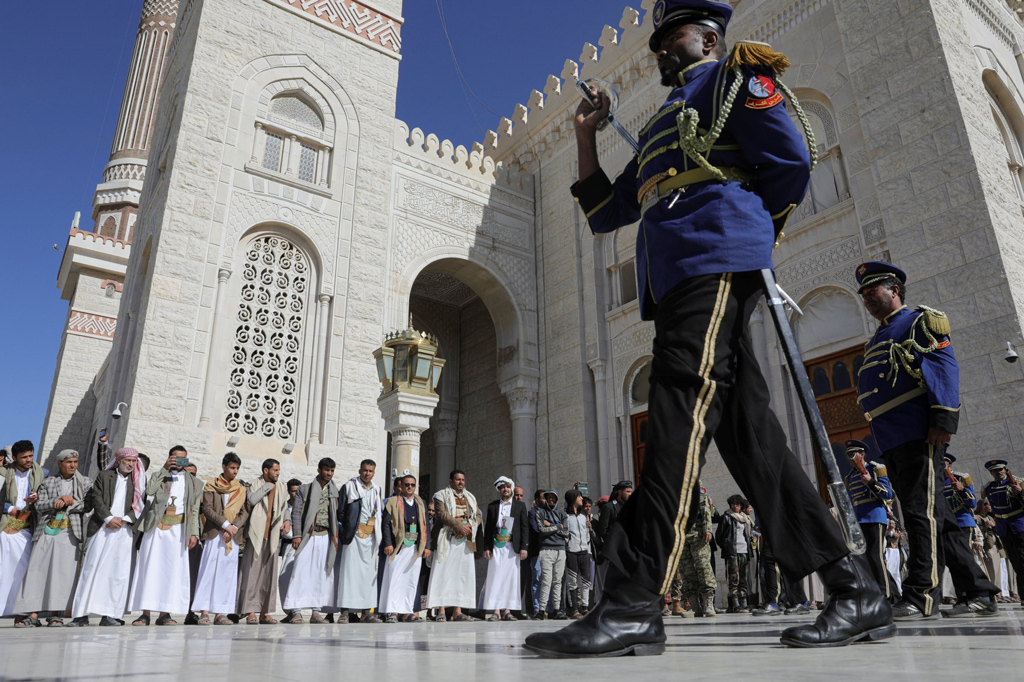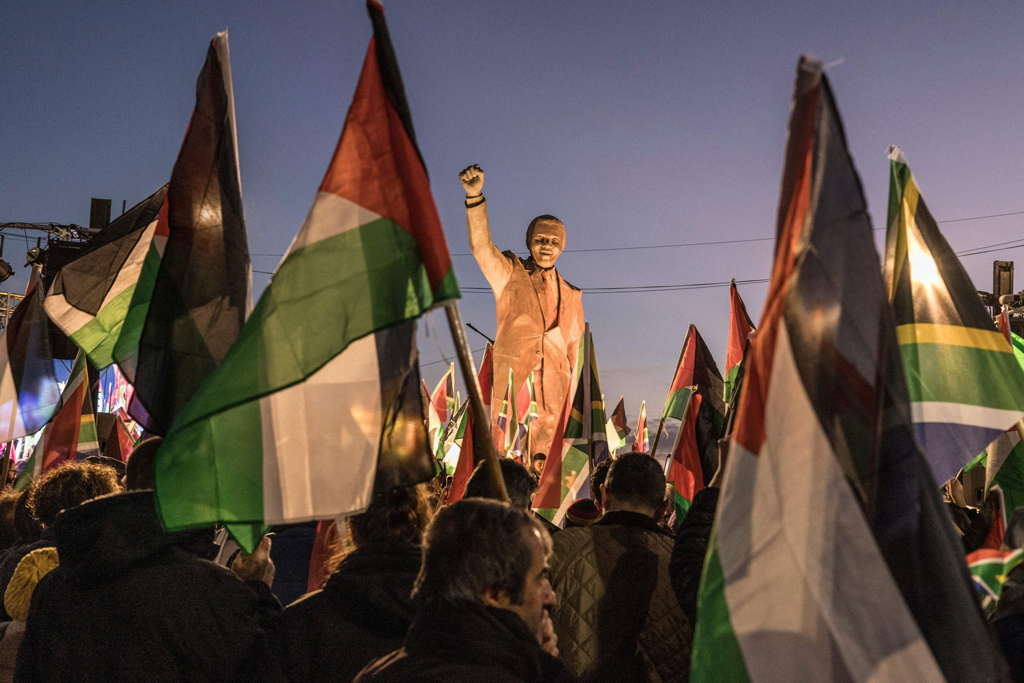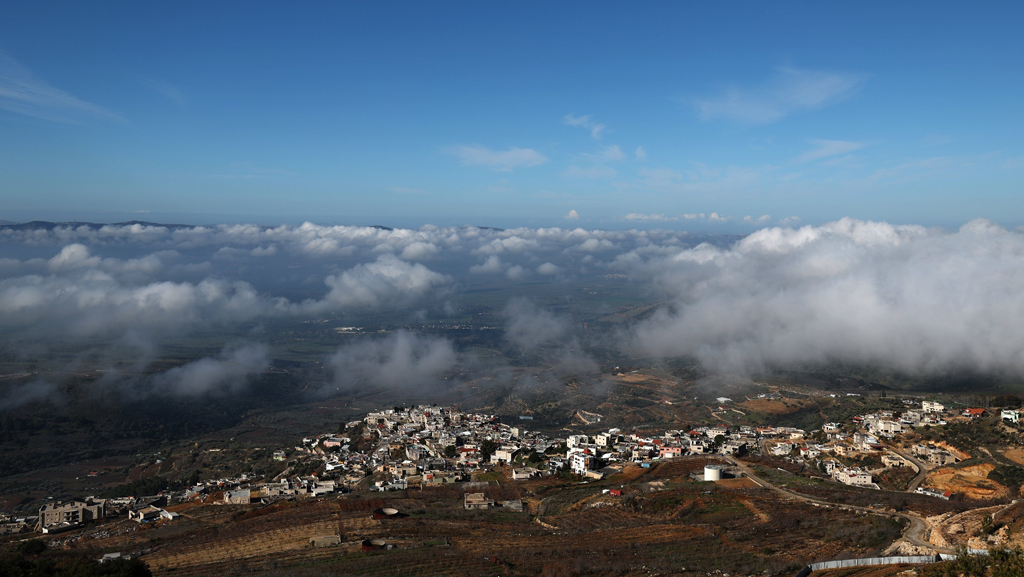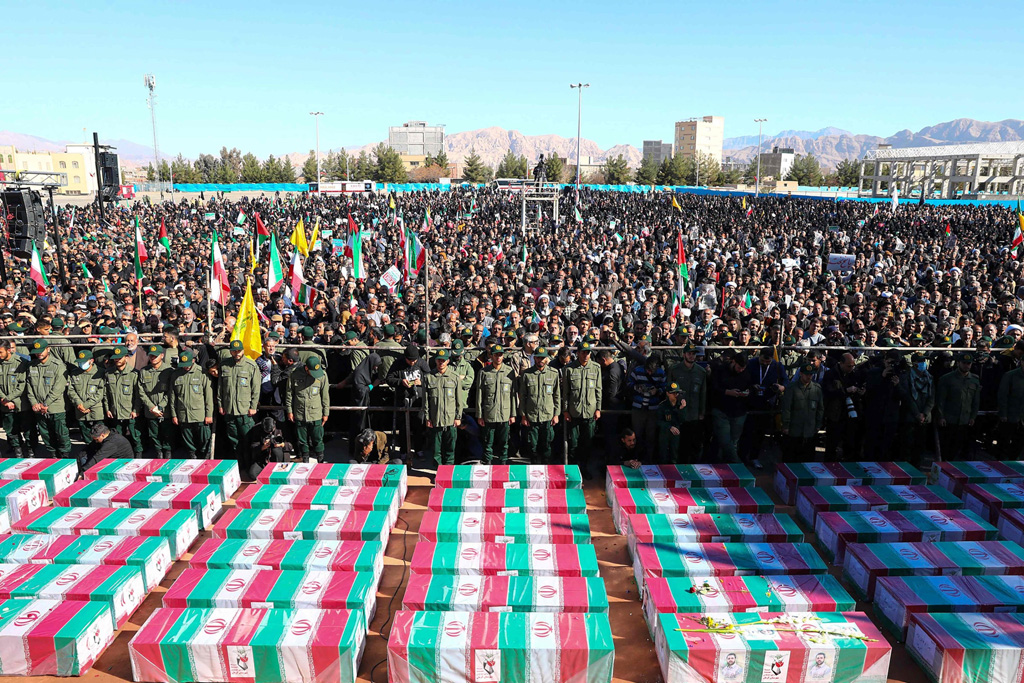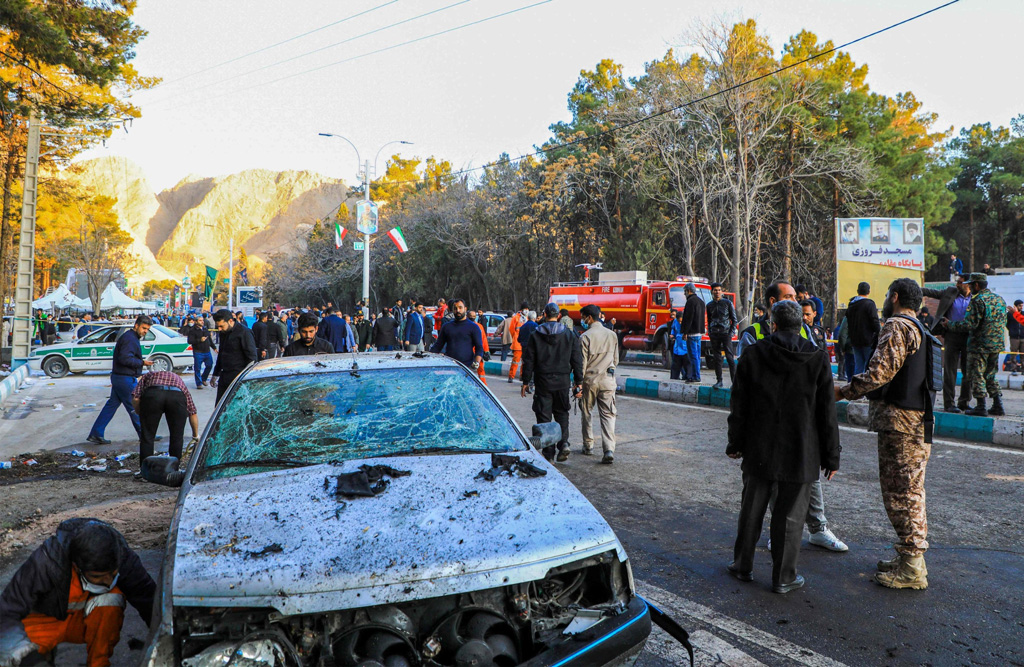Houthi Movement
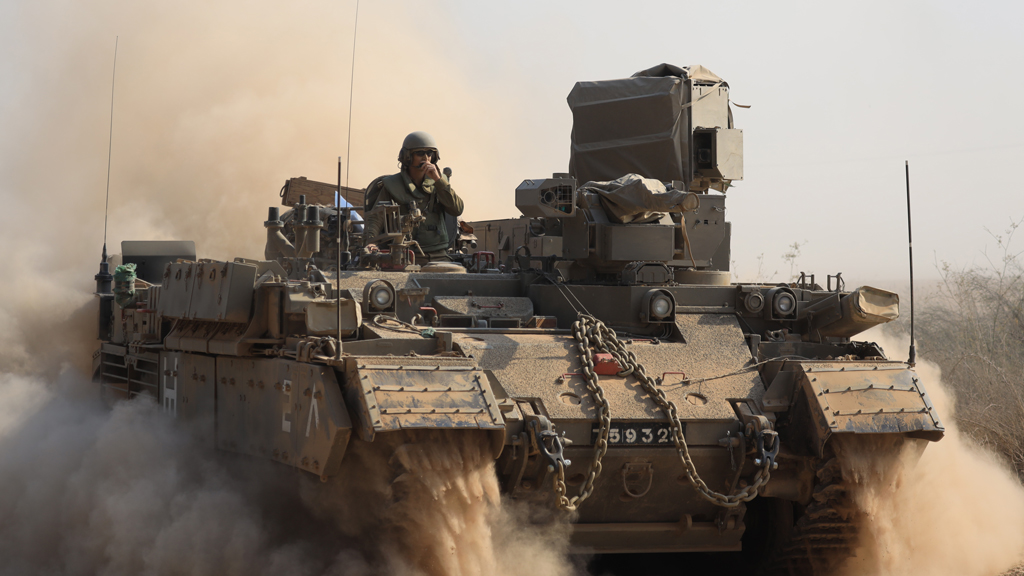
New escalation in regional conflict
| OpinionThe killing of three American soldiers in Jordan by pro-Iran militias via UAV strikes initiated …
-
Opinion
New escalation in regional conflict
By Kadir ÜstünThe killing of three American soldiers in Jordan by pro-Iran militias via UAV strikes initiated a new escalation in the escalating regional conflict. Since October 7th, concerns about regional warfare seemed obsolete. We previously noted Israeli Prime Minister Netanyahu's attempt to expand the Gaza conflict regionally and entangle the US in conflict with Iran. The Jordan attack partially succeeded in these efforts. Over the past week, the US conducted military operations in the region, signaling a response.
-
Opinion
Complex dynamics of Türkiye-Iran relations
By Murat YeşiltaşTraditionally, Türkiye-Iran relations have been defined by a mix of competition and cooperation. Sharing a long land border and possessing a multidimensional historical depth, numerous dynamics simultaneously affect the relationship between the two countries.
-
Opinion
Is Iran strengthening or becoming isolated?
By Burhanettin DuranAgainst the backdrop of Israel's massacre in Gaza, attention has been shifting to Iran. Following the bombardment of the Houthis by the United States and the United Kingdom for disrupting commercial shipping in the Red Sea, Iran and Pakistan experienced an escalation, with both sides firing missiles over terrorism. Moreover, Israel killed five members of the Revolutionary Guards Corps in Damascus last weekend, resuming its past operations against the Iranian presence in Syria. The seeming purpose of such strikes is to stop Iran from sending military aid to the Axis of Resistance – namely Hezbollah and Hamas. More important, however, is Israeli Prime Minister Benjamin Netanyahu's commitment to ensuring the Israeli-Palestinian conflict's regionwide spillover – which contradicts the Biden administration.
Bu Konuda Daha Fazla
-
Escalating tensions and the militarization of the Middle East
By Murat YeşiltaşThe recent developments in the Middle East region have led to a deepening instability, with the possibility of conflict increasing day by day. In 2023, we witnessed a period of relative normalization in the Middle East. While countries in the region were trying to minimize the potential for conflict, they had come a long way in developing common potential.
-
Airstrikes in Red Sea and South Africa’s ICJ genocide...
By Burhanettin DuranAs Israel stands accused of genocide in The Hague, the Israeli-Palestinian conflict spreads to the broader region. On Thursday, the United States and the United Kingdom bombed 72 targets in Yemen, retaliating against Houthi attacks on commercial vessels heading to Israel via the Red Sea to protest the Gaza massacre.
-
Who benefits from controlled proxy conflict?
By Burhanettin DuranThe Middle East rang in the new year with assassinations and terror attacks. Saleh al-Arouri, the deputy leader of Hamas' political bureau, was assassinated in Beirut last Tuesday. The following day, two bombings in Kirman, Iran (for which Daesh has claimed responsibility) killed 103 people. As those attacks shifted everyone’s attention to Israel, Iran and Hezbollah pledged to exact “revenge and a heavy price.”
-
From Super Cup crisis to terror attack in Iran
By Burhanettin DuranThe new year got off to an extremely busy start in Türkiye.
-
Terror attack in Iran deepens security crisis in Middle...
By Murat YeşiltaşOn Jan. 4, Tehran Times, an international newspaper of Iran, described Qassem Soleimani, who was killed by the United States in Iraq, as the “architect” of the new regional geometry in the Middle East. On the same day, a terrorist attack occurred in Kerman, Iran, killing more than 100 civilians.
